Since the story broke that some 4WDs were not classed as off-road vehicles, Ford and Haval have been busy behind the scenes trying to rectify the problems associated with an MA-rated 4X4. This is interesting timing for the news, as suspension modification laws have just been relaxed in some states.
Ford Everest 4X4s built from January 2017 will be MC-classed off the showroom floor. Cold comfort for current Everest owners, but Ford has done the next-best thing for them: negotiating with every state and territory to ensure that even though it’s an MA-classed vehicle, it is now ‘legally recognised’ as MC, no doubt jumping through many hoops in the process.

Damion Smy, Ford’s product communication manager, explained the change in classification a bit further:
“We’ve had discussions with some Everest 4WD owners who wanted to fit larger, off-road tyres and carry modifications to the Everest’s suspension. With the MA classification, which we used to enable the Everest 4WD and the new Everest RWD to be homologated under a single classification, some states would not allow this, with regulations across the country varied and potentially confusing. The Everest 4WD already met the technical requirements of an MC vehicle, but being homologated as MA meant that it was not legally recognised as such. With this in mind, we realised that many customers want to fully exploit the award winning off-road capabilities of the locally-engineered Everest 4WD, and have responded to this passion and enthusiasm for the Everest 4WD by changing the classification from our January 2017 build.”

“We have a solution for current owners which allows the full benefits of an MC vehicle. We have worked with each state and territory to ensure that the Everest 4WD is legally recognised as an MC vehicle, and have confirmation that it is now legally recognised as such in all states and territories Australia-wide. So, whether you buy a new Ford Everest 4WD, or are currently enjoying its award-winning off-road capability, you’ll be able to modify them in the same way if you so desire. We’re immensely proud of our customers and passionate enthusiasts who have asked for this, as we value customer feedback highly, and we’ve been able to make some changes to the way the Everest is classified that benefits both existing and future owners. It’s great news for the Everest 4WD, and Everest 4WD owners.”
Haval’s H9, another 4WD wagon with proper off-road capability (good ground clearance, low-range gearing and off-road traction modes), was unfortunately branded an MA passenger vehicle, instead of MC. Now they have cottoned onto the problems, Haval has updated future H9 vehicles into the off-road MC category. Andrew Ellis, from Haval, explains:

“We honestly didn’t know the H9 had an MA classification until Robert Pepper’s story came out. We did some digging and learnt it happened in the initial planning of the company and there was a possibility of a 2WD H9. Once we realised the oversight, we worked with our supplier who looks after homologation to make the necessary changes.
The main reason [for changing to MC] is that H9 is very clearly an off-road vehicle, with full-time 4×4, low range and ladder frame chassis. We are well aware of its potential to go off-road and believe many of our customers will do just that. We wanted to give them the peace of mind that they could legally modify their vehicle with the full support of the factory.

From a retrospective point of view, we cannot physically go out and change the compliance plates on vehicles already sold. What we can promise, is that any customer who has an issue with an insurer or legal body need only ask us for support and we will provide documentation that the vehicle meets MC requirements.”
This leaves only Jeep still outside in the rain, so to speak. Last we heard, they didn’t have any plan to change the Grand Cherokee or Renegade into an MC designation. This seems most demeaning with the 2017 Jeep Grand Cherokee, which will even come out in a ‘Trailhawk’ off-road spec, which Jeep are calling their most capable Grand Cherokee yet. Unfortunately, Grand Cherokee owners will still be hamstrung when it comes to modifications, and could face insurance implications if their insurer takes issue with off-road usage.




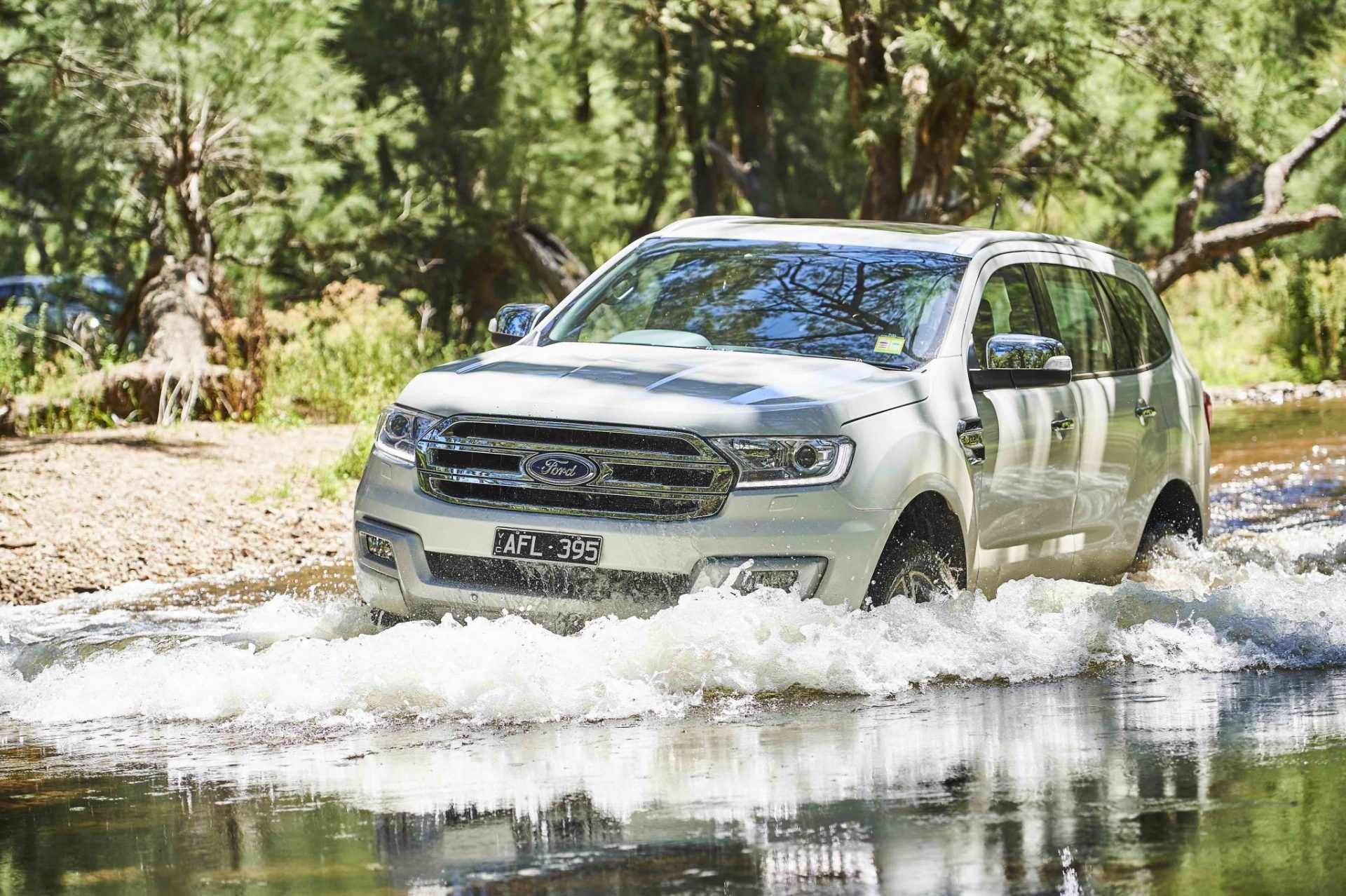

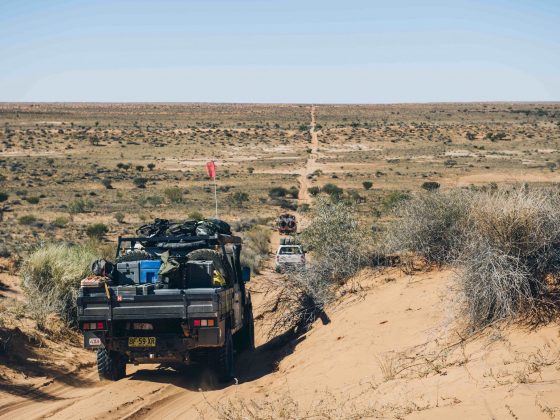
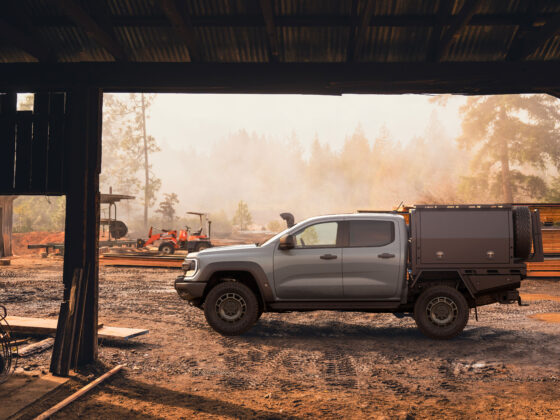
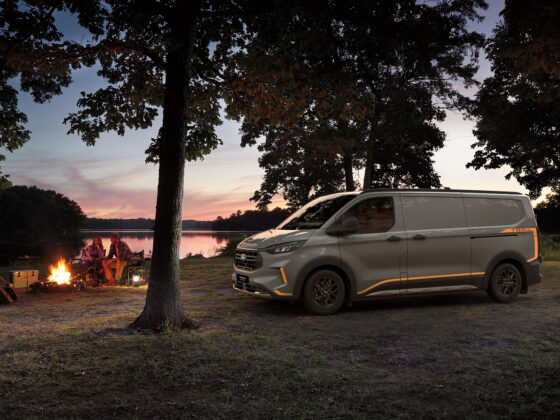
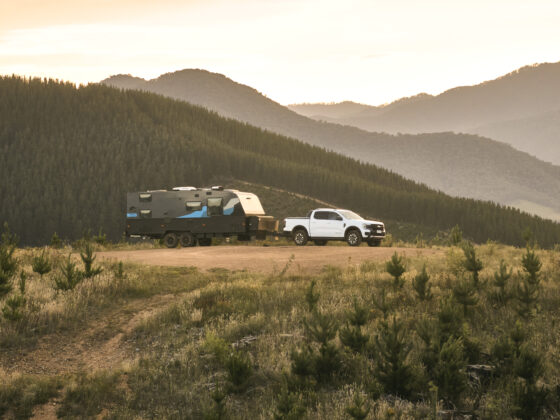
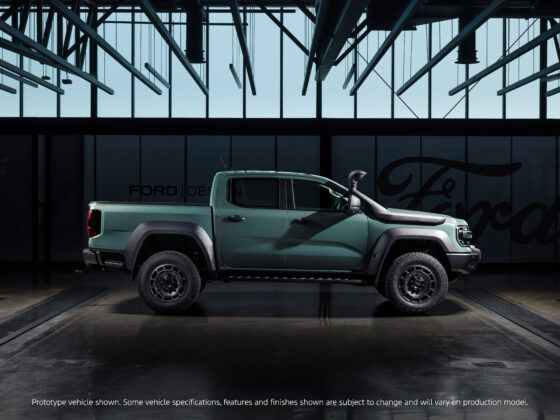
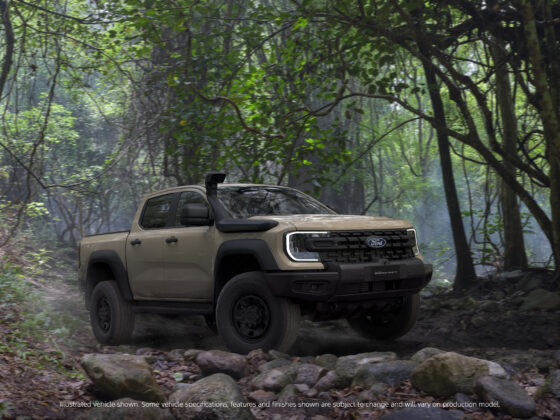
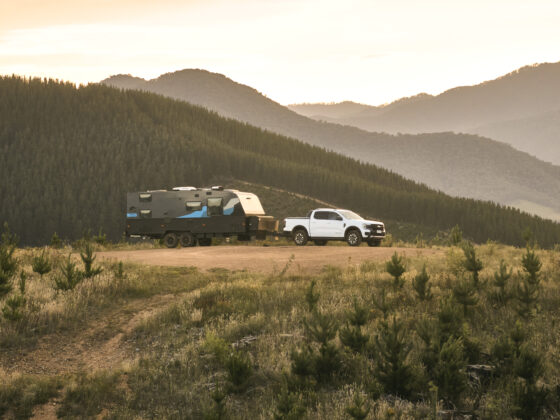
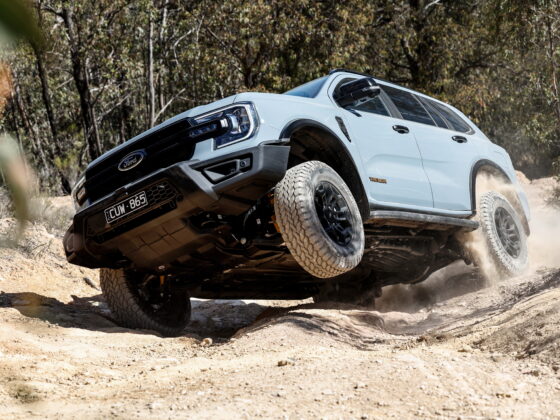
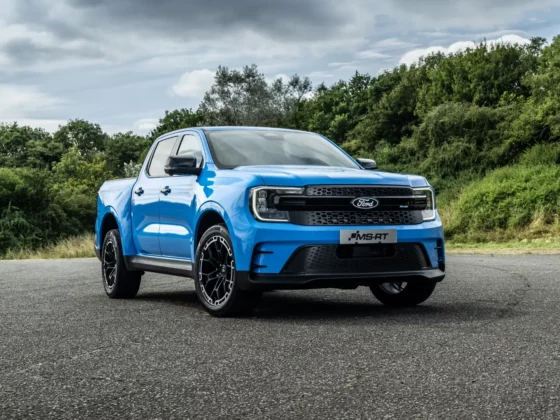
8 comments
Jeep isn’t helping itself much here, they say they are fixing things and are going to look after their customers, but yet again we see them failing to do the right thing.
Hi,
There are now several reports of 2015 NX Mitsubishi Pajeros that have been classified as MA. At least 3 identified here, but I’d be guessing there will be a whole batch of them that have been labeled incorrectly. https://www2.pajeroclub.com.au/forum/showthread.php?t=55289
Ford Rep…
“So, whether you buy a new Ford Everest 4WD, or are currently enjoying its award-winning off-road capability, you’ll be able to modify them in the same way if you so desire.”
Talk about the manufacturer having a “get out of Jail free card”
The manufacturers love this…
People buying a $60K+ 4wd, go out and modify it, chip it, blank off a EGV, throw in a oil catch can, snorkel, 2″ lift and a few more mods…then when the vehicle throws a wobbly..have fun trying to get fixed under warranty…why?…because you went out and modified it !
Can you advise whether the 2010-2014 R51 Nissan Pathfinder is MA or MC classified? Where can I find this detail?
What are these MA & MC classifications? The article assumes everyone knows what they are.
*Don’t worry. I found the previous article. Would have been nice if there was a quick explanation in this one though.
What are these “MA & MC classifications?
Yes the Nissan r51 Pathfinder is “MC” yes a true off road vehicle..
does very well as an all rounder…
nesa